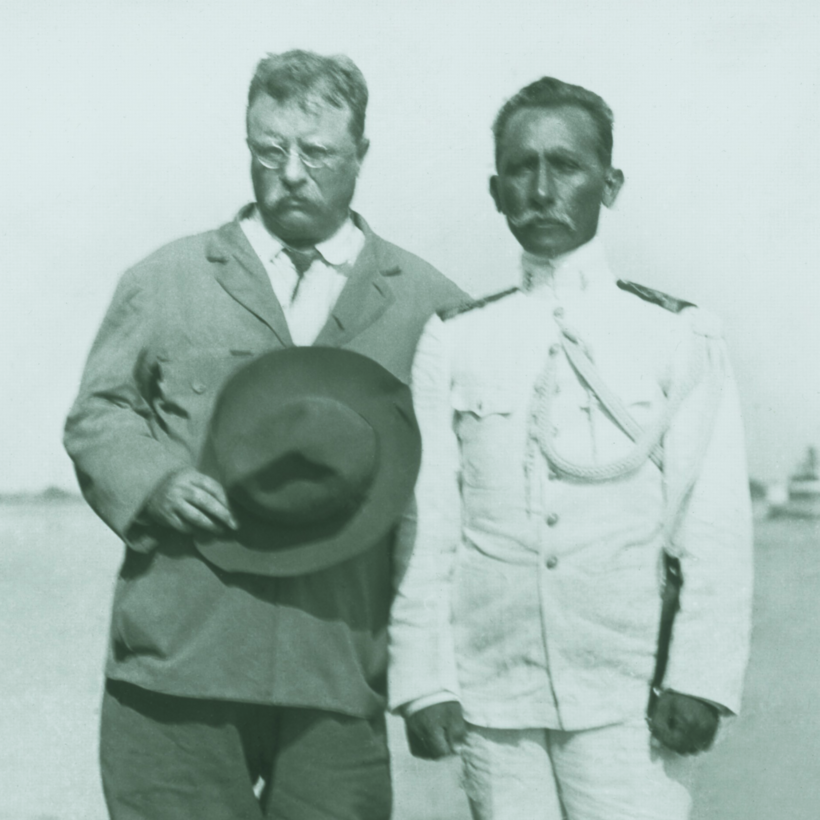Traveling to the Amazon for the first time, in 1978, as a fledgling correspondent for Newsweek, was the fulfillment of a childhood ambition. I didn’t know what to expect. My first destination was a remote and rugged corner of northwestern Brazil called Rondônia, an area larger than Great Britain that, in those days, had only hundreds of thousands of residents scattered across makeshift settlements along riverbanks and small homesteads in the jungle. The military dictatorship that ruled Brazil had just built the 2,500-mile-long Trans-Amazon Highway in order to provide “land without men for men without land.” My assignment was to report on the road’s impact on the world’s largest tropical rain forest and its human population.
I knew that Rôndonia was named for Cândido Mariano da Silva Rondon, the Brazilian general who, in the first few years of the 20th century, had overseen construction of a telegraph line across more than 1,000 miles of hostile terrain. That’s all that I knew about him. As I roamed the territory bearing his name, my admiration grew. The heat was oppressive, the fear of tropical diseases such as malaria omnipresent, the food abysmal, the roads mostly notional, and the menace of wasps, ants, chiggers, mosquitoes, spiders, and poisonous centipedes never-ending.


